SUMMARY
This is AI generated summarization, which may have errors. For context, always refer to the full article.
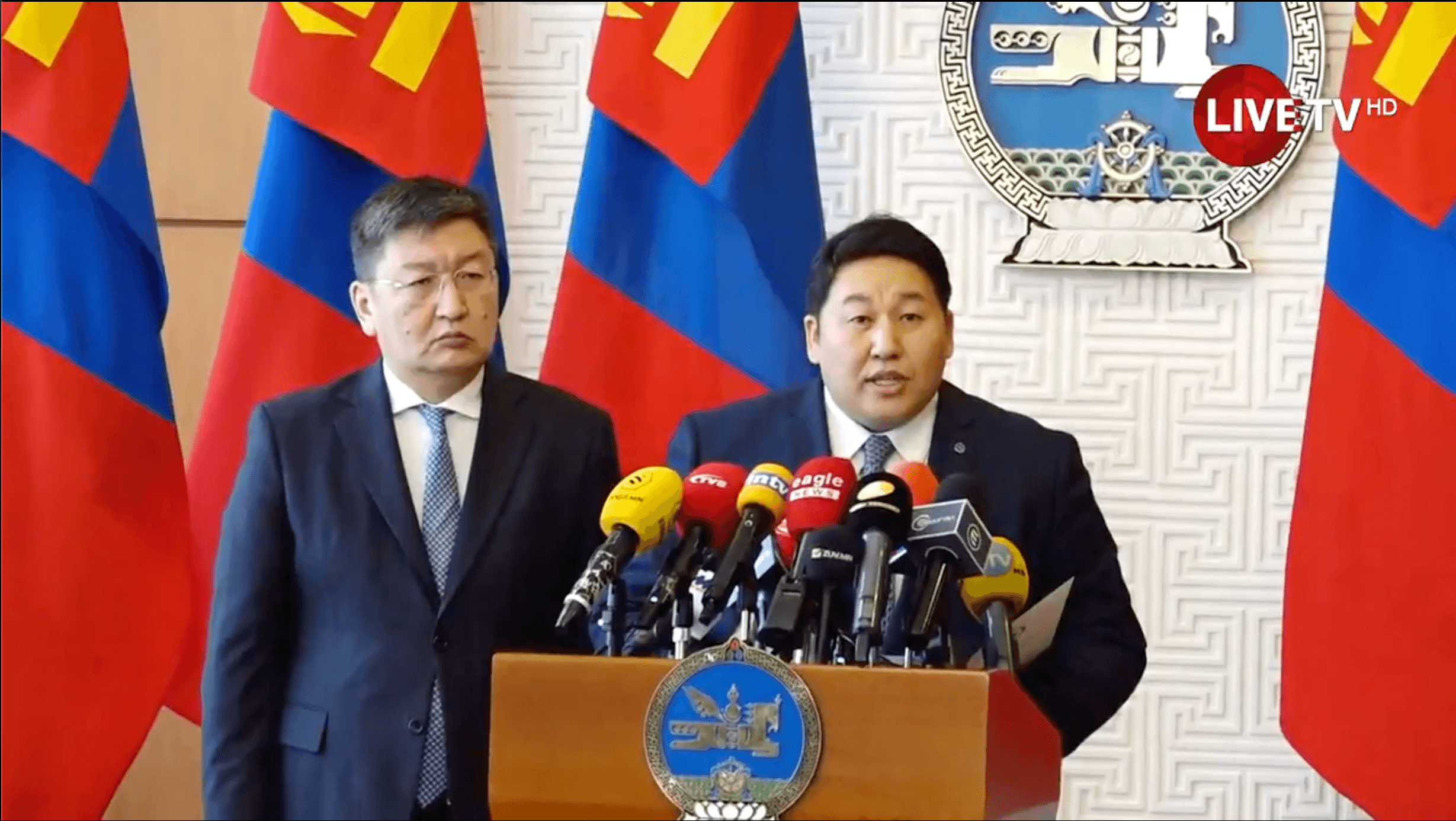
MANILA, Philippines – In a press conference on Monday morning, January 30, a spokesperson for Mongolian President Ukhnaagiin Khurelsukh announced he has decided to veto a controversial “law to protect human rights on social networks” that was hastily passed by parliament on January 20.
The veto means that the law, which – despite its avowed objectives – has the potential to seriously violate rights to free expression, will return to parliament for a second discussion.
In her newsletter, Duuya Baatar, who heads Nest Center NGO, the civil society group that operates Mongolia’s lone fact check group, Mongolia Fact Check, told Rappler that for the law to be completely annulled however, their parliament still needs to act on the veto.
“It’s like an appeal. Because the parliament holds the highest power to pass legislation in Mongolia, it can’t be completely annulled just because the president has vetoed it. In a sense, the president’s veto is simply a way of asking the parliament to review its decision. So there has to be a parliamentary session to discuss the law again.”
Threat to free speech
Civil society groups and journalists in Mongolia were alarmed when the country’s parliament passed a new law on January 20, supposedly to “protect human rights on social media.” Approved less than three days after it was introduced to the public for the first time, human rights groups say the law threatens free speech and gives the state the ultimate power to regulate content on tech platforms.
In an interview with Rappler, where she spoke in Mongolian and where Baatar served as translator, lawyer Narantsetseg Batsaikhan, CEO of Fidelitas Partners LLP, said the process by which the law was passed violated Mongolia’s Law on Legislations which stipulates that public discussion is required before any law can be submitted to parliament.
Batsaikhan said there are exceptions to this law, such as economic safety and security reasons. But she pointed out that the proposed social media law does not fall under those exceptions.
Batsaikhan also said that many of the provisions on supposed content violations by the new law were actually covered by existing laws. She expressed concern over having these provisions covered by another law, particularly one which vests the power to a unit of government – the proposed “public relations unit” to be created under Mongolia’s Public Center for Combating Cyber Attacks and Violations. It concentrates broad powers on a single unit of state.
The unit then becomes both the “police, prosecutor, and court,” she pointed out. It then becomes the intermediary between citizens and the 3.5 million citizens of Mongolia. The main danger, she said, is that decisions could be very subjective.
Reaction to winter protests?
What critics are particularly concerned about are amendments made to existing laws which allow the government to shut down a communication network in case of social unrest.
Critics feel this is in reaction to widespread protests in late 2022, despite freezing winter temperatures, due to corruption. “People on social media are expecting that this could be because of scheduled protests in spring,” Baatar told Rappler.
Baatar said some critics believe that the government has already tested controlling communication access following the protests. She explained that many of those who joined the protests coordinated via social media. Some found it difficult to connect.
“There are people who think that this was already done,” Baatar said.
Back to parliament
For now, the ball is back in parliament’s court.
Now that the President has vetoed it, parliament needs to review their previous decision, Baatar explained in a message to Rappler. Two-thirds of the parliamentarians present at the session will then have to vote in favor of the veto to have it annulled.
Parliamentarians can still keep their previous decision but they need to get more votes to overturn the veto.
“In a sense, we have crossed our first level and the second level now is to persuade at least 50 MPs to agree that this law violates human rights. Mongolian parliament has 76 members.”
Duuya noted, however, that Mongolia’s parliament adjourns twice each year: one in winter after closing the autumn session and once in the summer after closing the spring session.
The Speaker of Parliament, Gombojaviin Zandanshatar, will need to declare an irregular parliamentary session, Batsaikhan said.
“They adjourned as soon as they passed this controversial law, so the MPs are currently on break,” Duuya told Rappler. “The speaker of the parliament holds the power to call in an irregular session, to summon MPs from their vacation.” – Rappler.com
Add a comment
How does this make you feel?





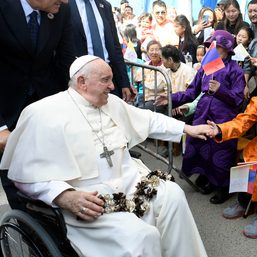
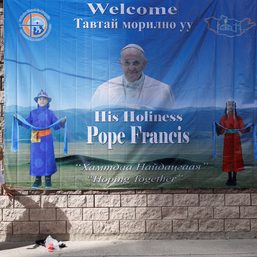
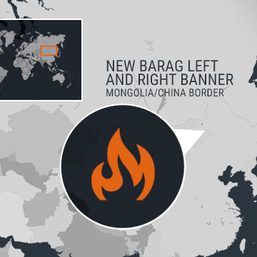
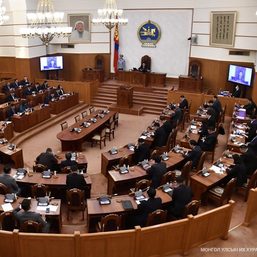





There are no comments yet. Add your comment to start the conversation.